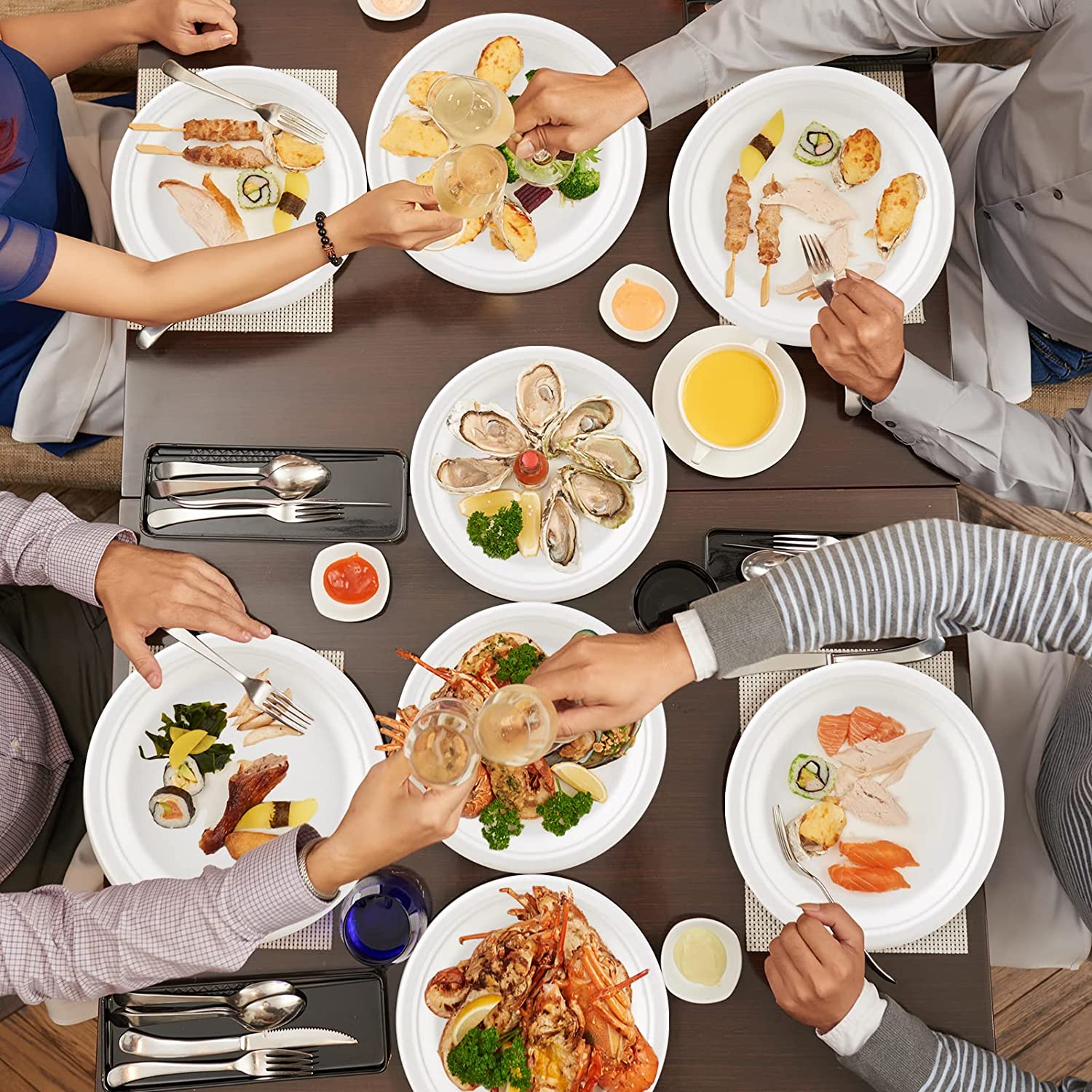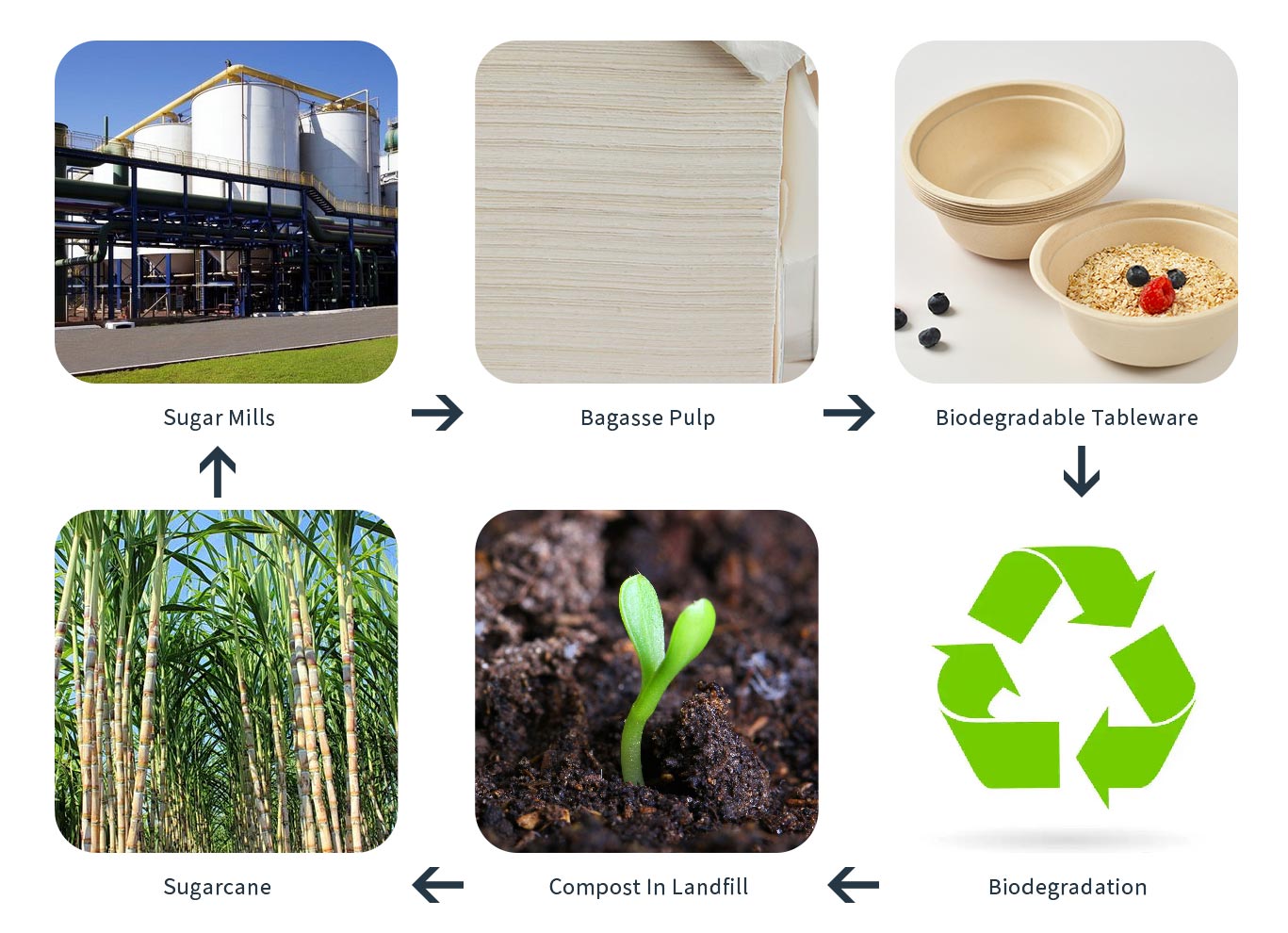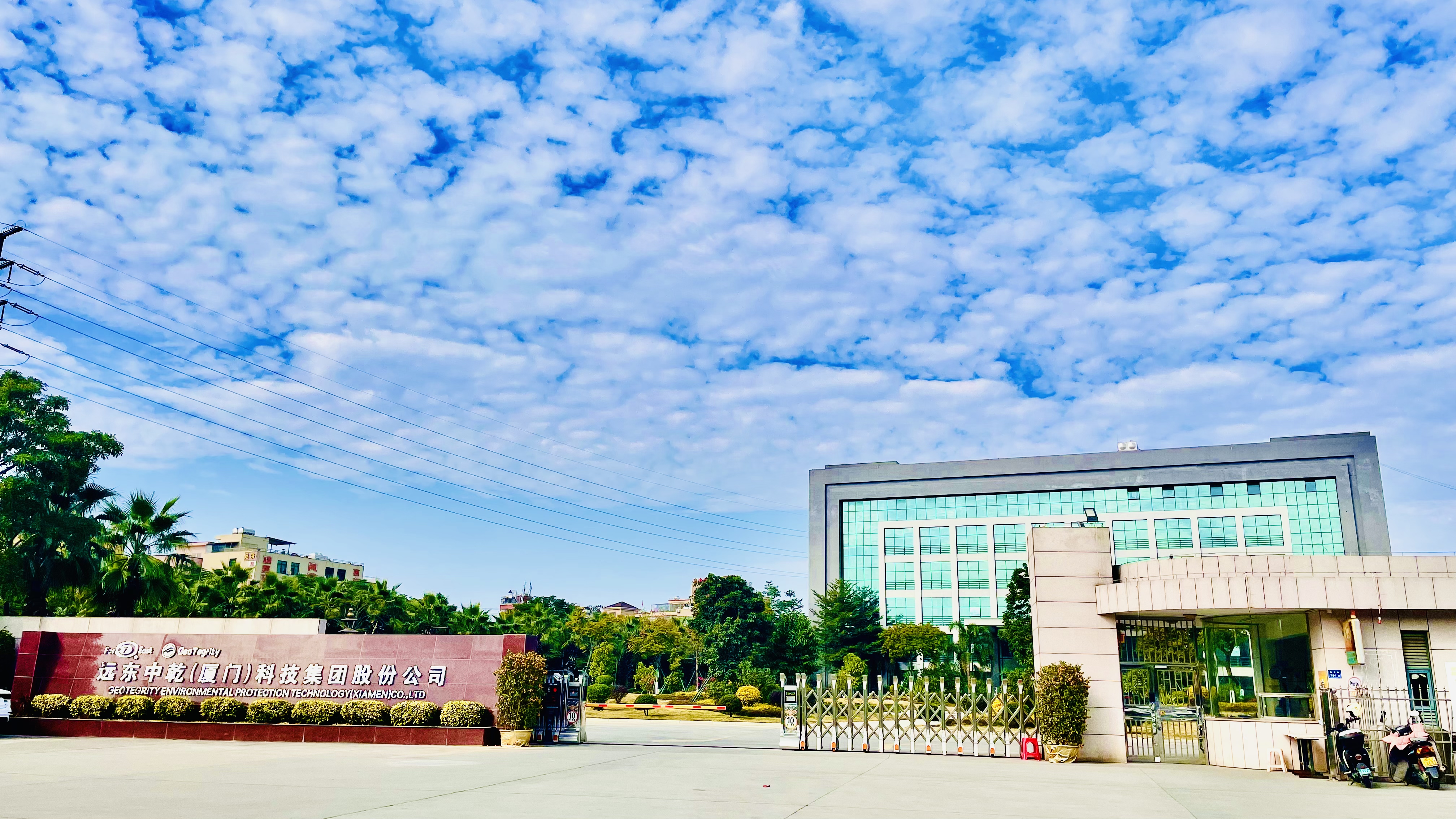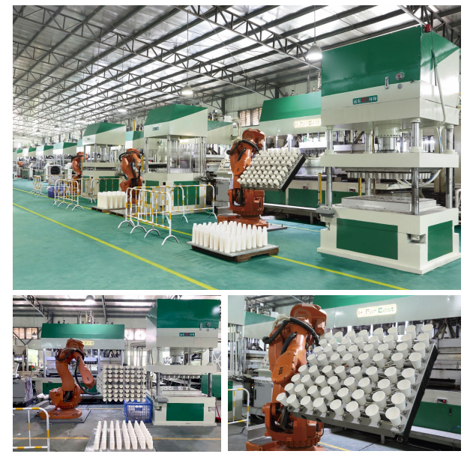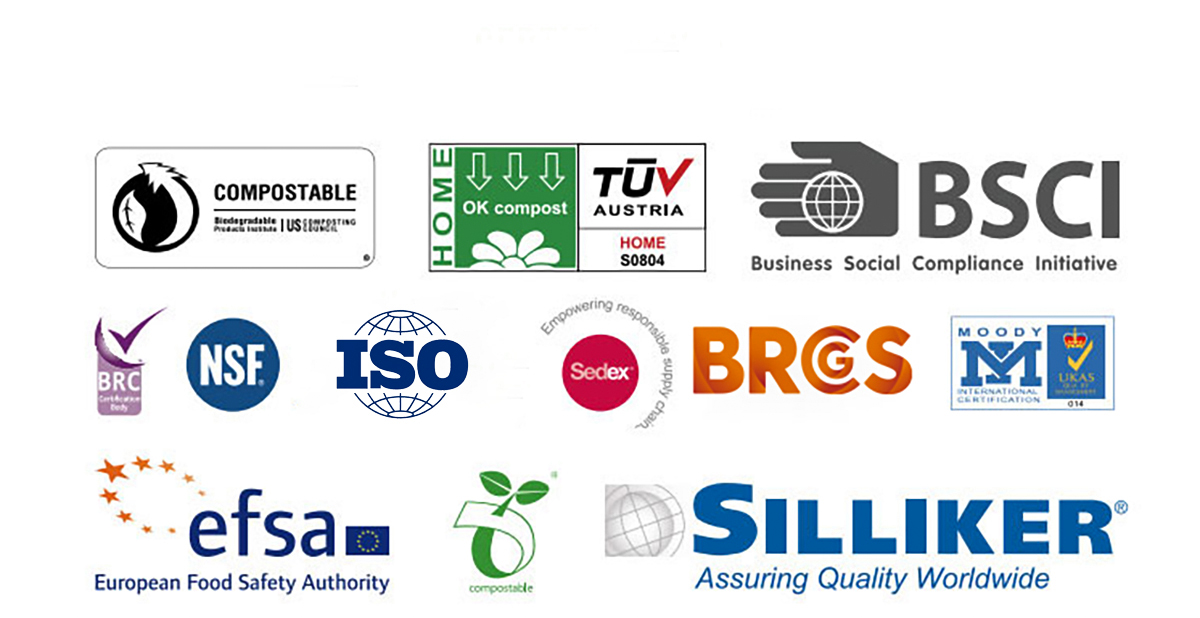Starting from January 1, 2024, the import and trade of single-use plastic bags will be prohibited. From June 1, 2024, the ban will extend to non-plastic disposable products, including single-use plastic bags. From January 1, 2025, the use of single-use plastic products, such as plastic stirrers, table covers, cups, plastic straws, and plastic cotton swabs, will be prohibited.
Starting from January 1, 2026, the ban will be extended to cover other single-use plastic products, including plastic plates, plastic food containers, plastic cutlery, and beverage cups along with plastic lids.
The ban also includes food transport packaging materials, thick plastic bags, plastic containers, and partially or entirely plastic-made packaging materials, such as plastic bottles, snack bags, wet wipes, balloons, etc. If businesses continue to use single-use plastic bags and violate the ban, they will face a fine of 200 dirhams. For repeated violations within 12 months, the fines will be doubled, with a maximum penalty of 2000 dirhams. The ban does not apply to plastic bags made from recycled materials, thin fresh-keeping bags for packaging meat, fish, vegetables, fruits, grains, and bread, garbage bags, or disposable plastic products exported or re-exported abroad, such as shopping bags or disposable items. This resolution is effective from January 1, 2024, and will be published in the Official Gazette.
In early 2023, the UAE government decided to ban single-use plastic bags in all emirates. Dubai and Abu Dhabi imposed a symbolic fee of 25 fils on plastic bags in 2022, effectively prohibiting the use of the majority of plastic bags. In Abu Dhabi, the plastic ban was implemented starting from June 1, 2022. Six months later, there was a significant reduction of 87 million single-use plastic bags, representing a decrease of approximately 90%.
Far East & Geotegrity Environmental Protection, headquartered in the national economic zone of Xiamen, was founded in 1992. It is a comprehensive production enterprise that integrates the research and development, and manufacturing of pulp tableware machinery, as well as environmentally friendly pulp tableware.
Far East & GeoTegrity Group currently operates three production bases covering a total area of 250 acres, with a daily production capacity of up to 330 tons. Capable of producing over two hundred types of environmentally friendly pulp products, including pulp lunch boxes, plates, bowls, trays, meat trays, cups, cup lids, and cutlery such as knives, forks, and spoons. Geotegrity environmental protection tableware is made from annual plant fibers (straw, sugarcane, bamboo, reed, etc.), ensuring environmental hygiene and health benefits. The products are waterproof, oil-resistant, and heat-resistant, suitable for microwave baking and refrigerator storage. The products have obtained ISO9001 international quality system certification and passed numerous international certifications such as FDA, BPI, OK COMPOSTABLE Home & EU, and the Japanese Ministry of Health certification. With an independent research and development team, Far East & GeoTegrity can develop new molds and produce products of different weights, specifications, and styles according to the needs of different customers.
Far East & GeoTegrity environmental protection tableware holds multiple patents, has won domestic and international awards, and was honored as the official supplier of food packaging for the 2000 Sydney Olympics and the 2008 Beijing Olympics. Following the principles of “simplicity, convenience, health, and environmental protection” and the service concept of customer satisfaction, Far East & GeoTegrity provides customers with cost-effective, environmentally friendly, and healthy disposable pulp tableware products and comprehensive food packaging solutions.
Post time: Jan-04-2024

